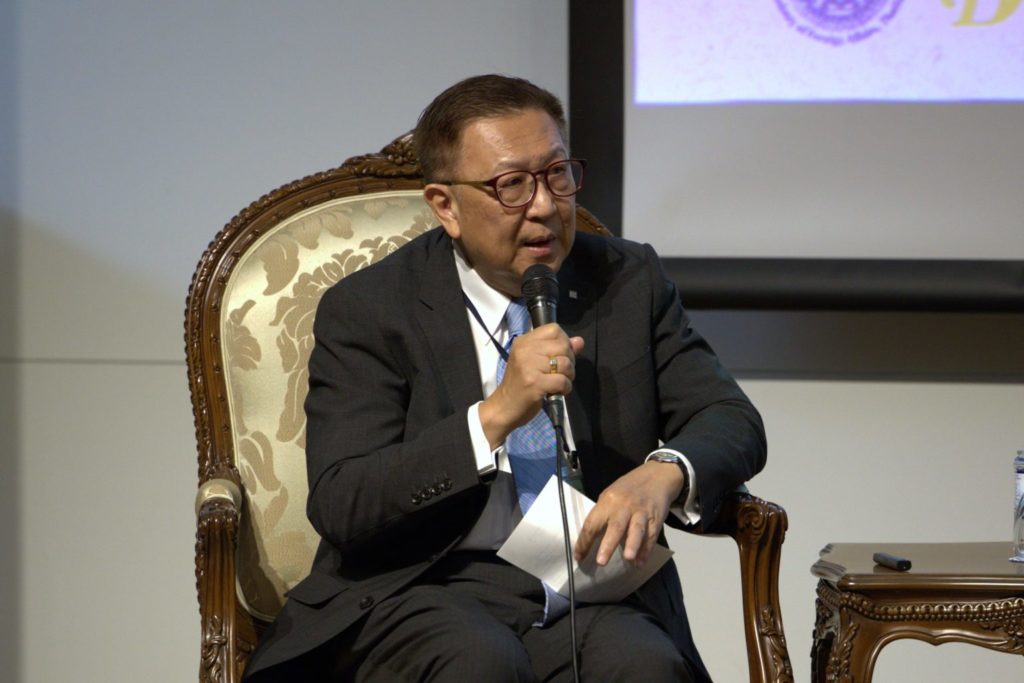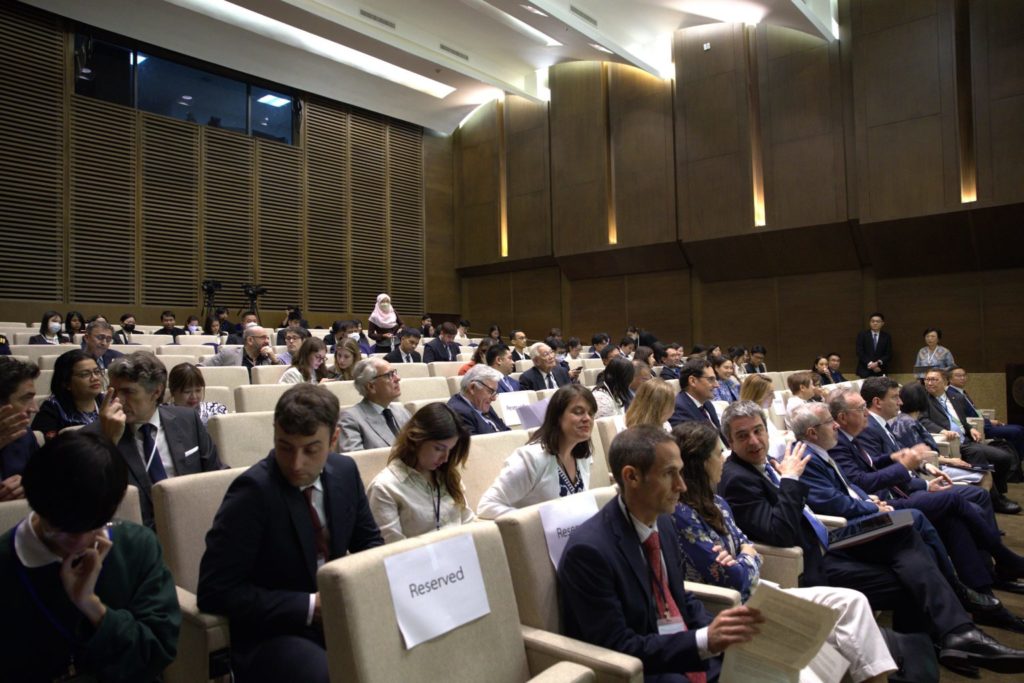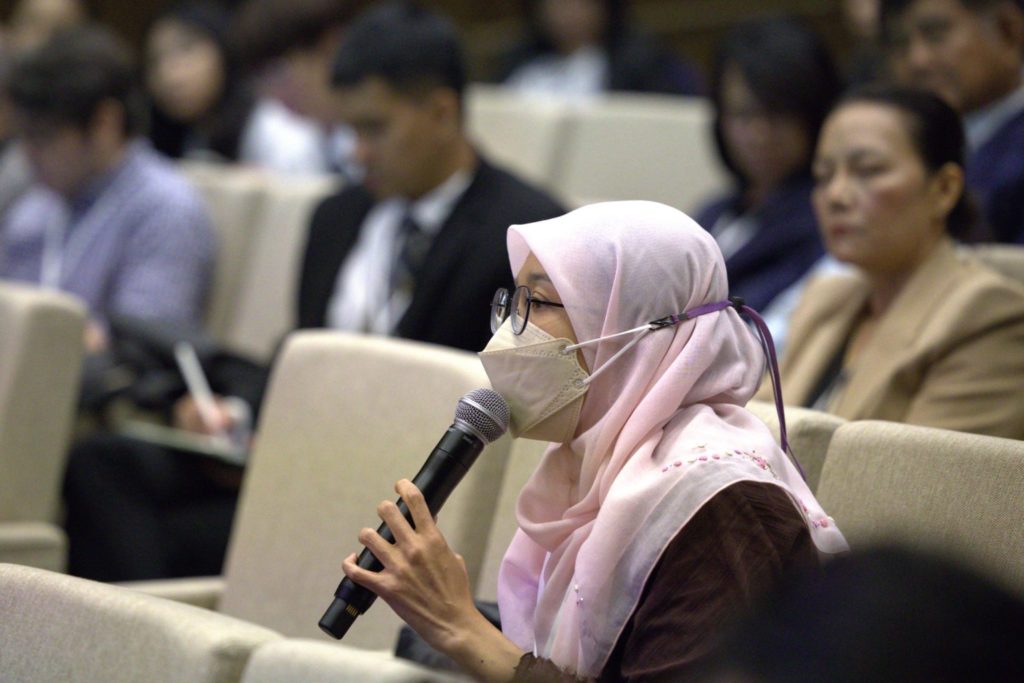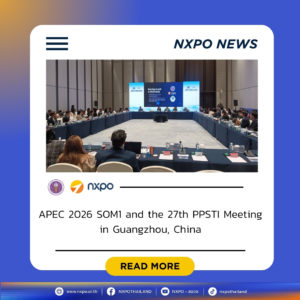On 5 June 2025, Dr. Surachai Sathitkunarat, President of NXPO, participated in the 3rd Thailand-Spain Forum, jointly organized by the Devawongse Varopakarn Institute of Foreign Affairs and CASA Asia, Spain, under the theme “Sustainability: Opportunities and Challenges.” . The forum provided a platform for knowledge exchange among policymakers, private sector leaders, civil society representatives, and academics from both countries, focusing on the opportunities and challenges of advancing sustainable development.
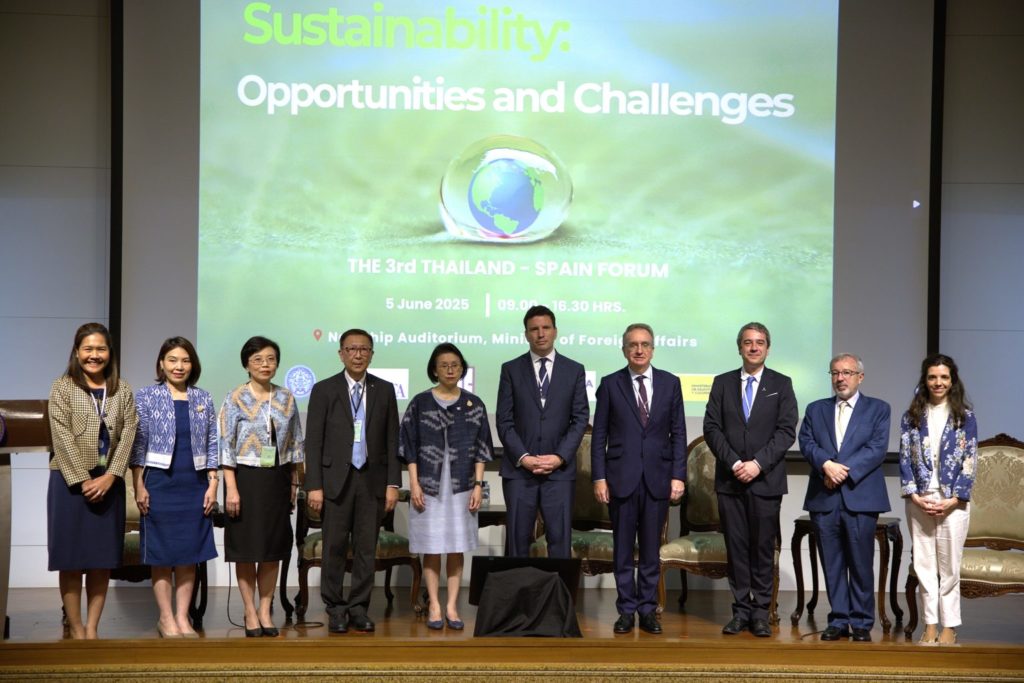
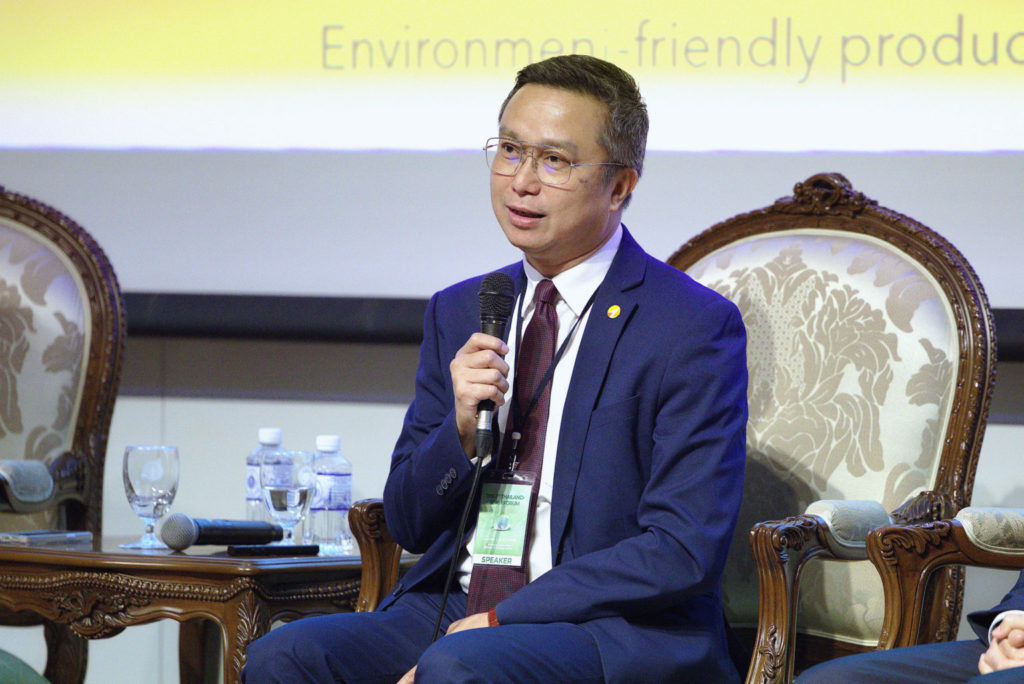
During the event, Dr. Surachai took part in a panel discussion on “Climate Change: A Human Security Dimension,” emphasizing that while the global community may eventually achieve net-zero greenhouse gas emissions, the impacts of climate change will continue. It is therefore essential to give equal priority to adaptation strategies — particularly for developing countries like Thailand, where both mitigation and adaptation efforts rely heavily on technology and innovation.
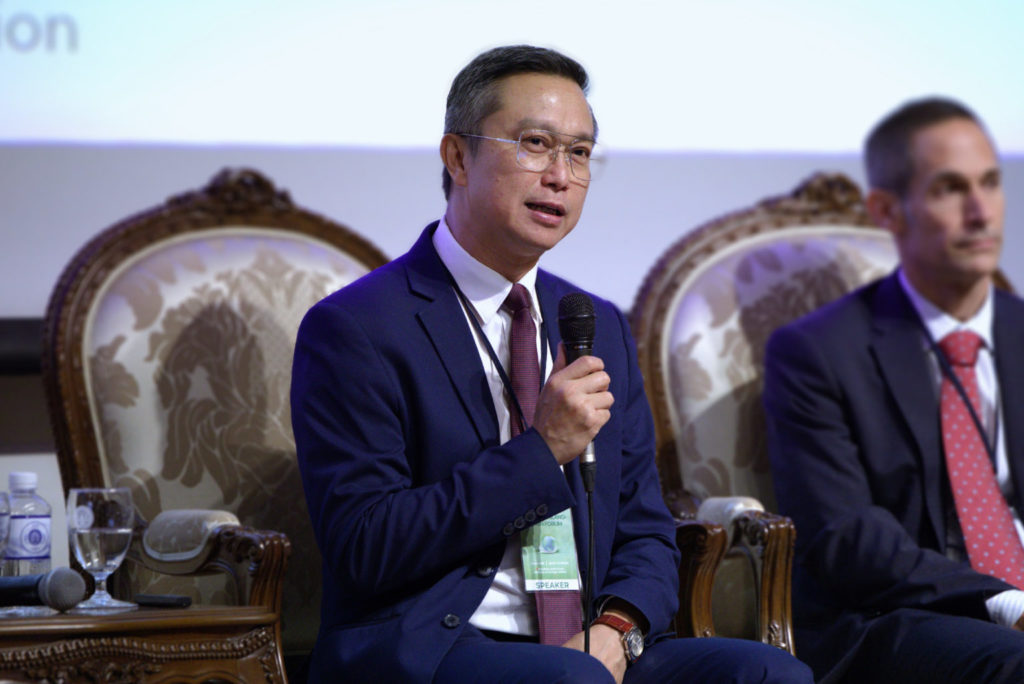
“In recent years, Thailand has faced increasing challenges in sustaining its competitiveness in areas such as labor, exports, and tourism. To address this, the government introduced the Bio-Circular-Green Economy (BCG) Model, capitalizing on the country’s rich biological and cultural diversity. This policy focuses on four strategic sectors: agriculture and food, energy and materials, health and medicine, and tourism and the creative economy,” Dr. Surachai explained.
He also highlighted Thailand’s efforts to promote sustainable agriculture, driven by three core components: weather forecasting and climate warning systems, precision farming technologies, and genetic engineering.
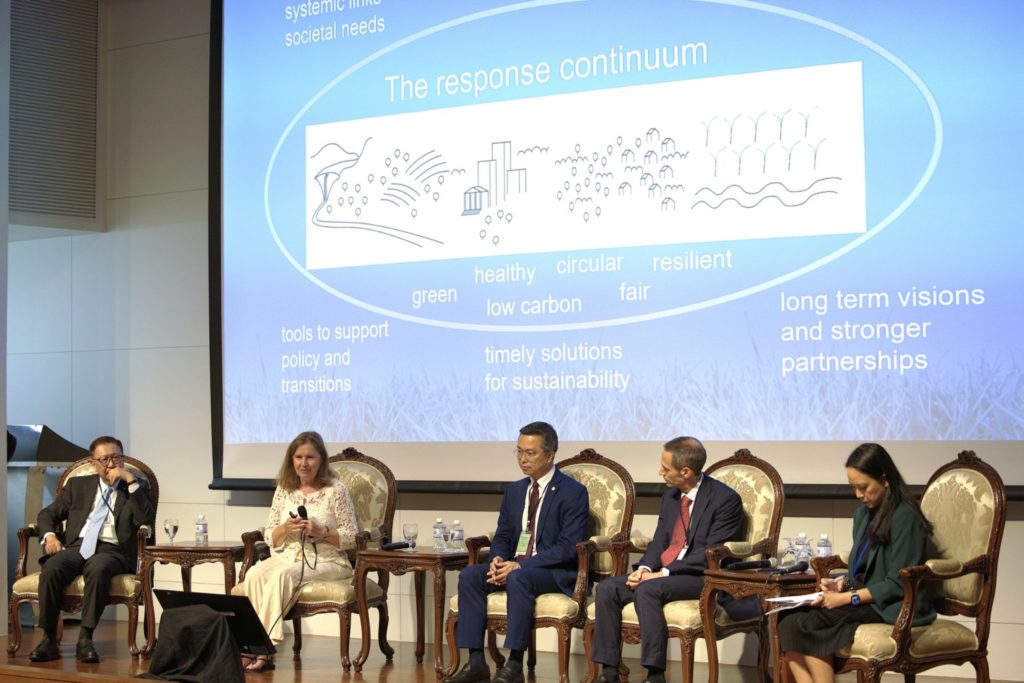
In addition, Dr. Surachai addressed opportunities in advanced biotechnology, covering areas such as crop improvement, organic fertilizers, enzymes, bioprocesses, advanced medical products, and bio-based materials. He noted that Thailand has launched a 10-year strategic plan for synthetic biology (SynBio), positioning it as a key platform technology for developing innovative products and services that contribute to sustainable economic growth. The strategy is designed to build a supportive ecosystem for research, promote industry adoption, strengthen the national knowledge base, enhance technological capabilities, and unlock new market opportunities.
